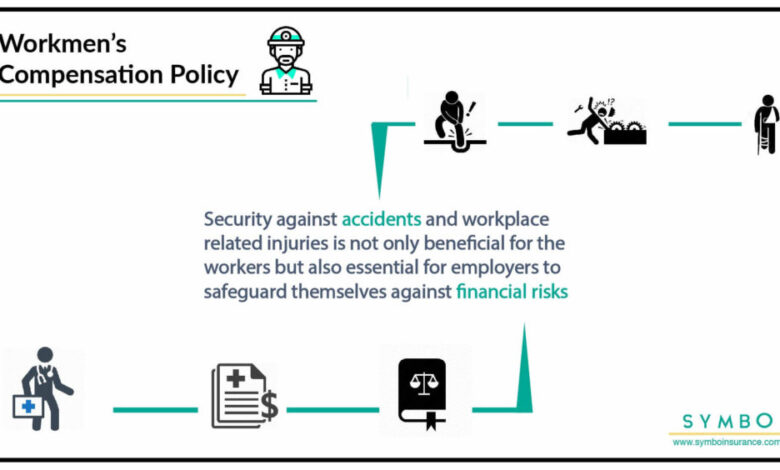Business Owners: Understanding How Workers’ Comp Premiums are Calculated

When you’re an employer, one of your biggest responsibilities is making sure you have the appropriate workers’ compensation insurance for your business. You know that workers’ comp is important for protecting yourself and your employees if anyone gets hurt on the job, but there are probably some details about the coverage that you aren’t quite sure about.
If you own a company that has employees whose primary duties involve manual labor or other risky tasks, it’s in your best interest to understand how premiums are calculated so that you can make sure you get the most affordable rate possible.
In this blog post, we will go over everything you need to know about how workers’ comp premiums are calculated as well as what factors impact those costs.
Your Company’s Rating Usually Determines Price
Every insurance company uses its own rating system to determine how much to charge clients for coverage. The company’s rating will be based on your business’s overall risk for workers’ comp claims, but your company’s safety record or its financial strength won’t factor into the premiums.
The Type of Work Your Employees Do
The type of work your employees do will play a large role in the premium you pay for workers’ comp. If your employees perform risky tasks like mining, construction, or logging, their rates will be higher than what you would pay if they were office employees.
The most common occupations that fall under the “high risk” designation are mining, logging, fishing, farming, and construction. The rate for these occupations is typically 20% higher than what you would pay for general manual labor. So, if the annual premium for one of those “high risk” jobs was $5,000, your premium would be $6,000.
Employee Turnover Rate
The average annual turnover rate for occupations in the U.S. is 17%. If your company’s turnover rate is below that average, it will help lower your premiums because it shows that your employees are staying longer than the average person in their job.
However, if your company is experiencing a higher-than-average turnover rate, it could result in higher workers’ comp premiums. Your insurance company will assume that your employees are getting injured more often and leaving their jobs because of those injuries.
Your Business’s Accident Prevention Practices
The insurance company will look at your company’s policy for accident prevention to determine if your premiums should go up or down. If you have implemented a program to try to prevent workplace injuries, your premium will be lower, but if you haven’t taken any action, your rate will go up.
That said, workers’ comp insurance companies offer suggestions and resources to help you prevent injuries. If you follow their recommendations and implement a prevention program, your premium will be lower.
Summing It Up
When you own a business, you want to make sure that you’re not spending more than necessary on various aspects of running that business. And while workers’ compensation may seem like an expense that doesn’t need much thought, the truth is that there are some tricks and nuances involved with how your premium is calculated.
That said, when you’re choosing a workers’ comp insurance plan for your business, it’s important to understand how premiums are calculated as highlighted above so that you can make an informed decision.





